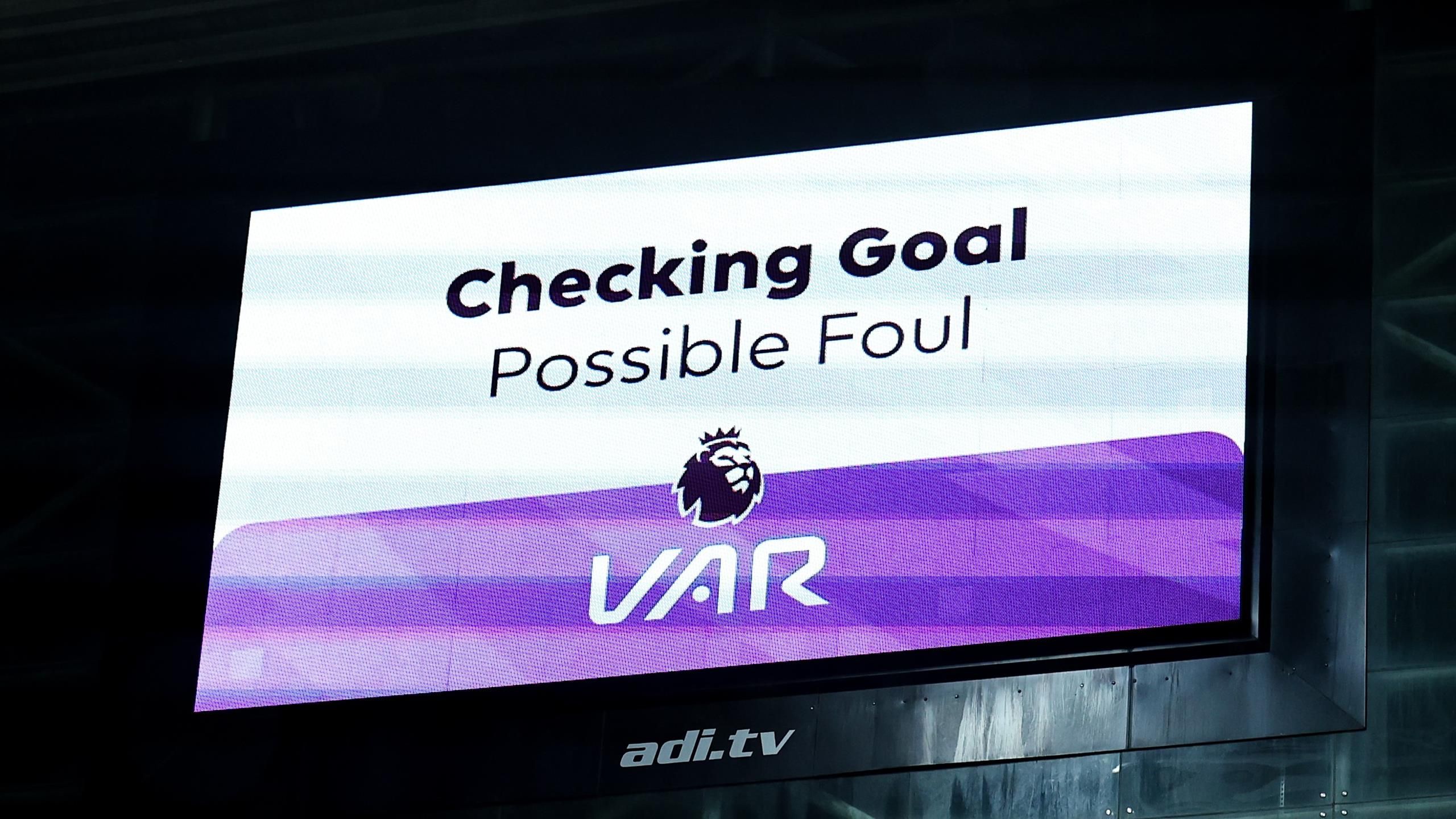
Keown Urges Referees for Improved Communication Amid VAR Controversy
Newcastle upon Tyne, England – In the aftermath of a controversial VAR decision during the Premier League match between Newcastle United and Arsenal FC, former Arsenal defender Martin Keown has called for improvements in the application of the technology. Keown, now a pundit for TNT Sports, cited Anthony Gordon’s goal against Arsenal as an example of why VAR is currently not up to scratch.
Speaking ahead of Arsenal’s Champions League victory over Sevilla, Keown expressed his concerns about the lack of communication between referees and fans in the stadium. He emphasized the need for better understanding of the decision-making process, similar to what is seen in cricket and rugby.
Keown stated, “We need to perfect it far better than we currently are. We’ve been dealing with VAR for five years now, so we can’t say we haven’t got the experience of referees dealing with it, and it just needs to get better.”
The controversial goal in question was scored by Gordon in the 64th minute of Arsenal’s defeat to Newcastle United. Replays suggested that the ball had gone out of play and there was a push from Joelinton on Gabriel Magalhaes. However, VAR dismissed the potential out-of-play situation due to the lack of conclusive technology or angles. The decision ultimately stood in favor of the referee’s on-field call.
There was also a check on Joelinton’s challenge on the Arsenal centre-back and an offside, but both were eventually cleared. Keown, however, remained adamant that the goal should have been ruled out, stating, “I thought there was clearly a foul. Joelinton has got two hands on Gabriel’s back, so I thought that was just the end of it.”
Keown also highlighted the need for better technology, referencing the in-ball sensors used during the World Cup, which are not currently implemented in the Premier League. He argued that if VAR is to be used, it should cover every eventuality.
In conclusion, Keown’s criticism of VAR stems from the lack of communication and understanding for fans in the stadium, as well as the need for more advanced technology to ensure accurate decisions.
